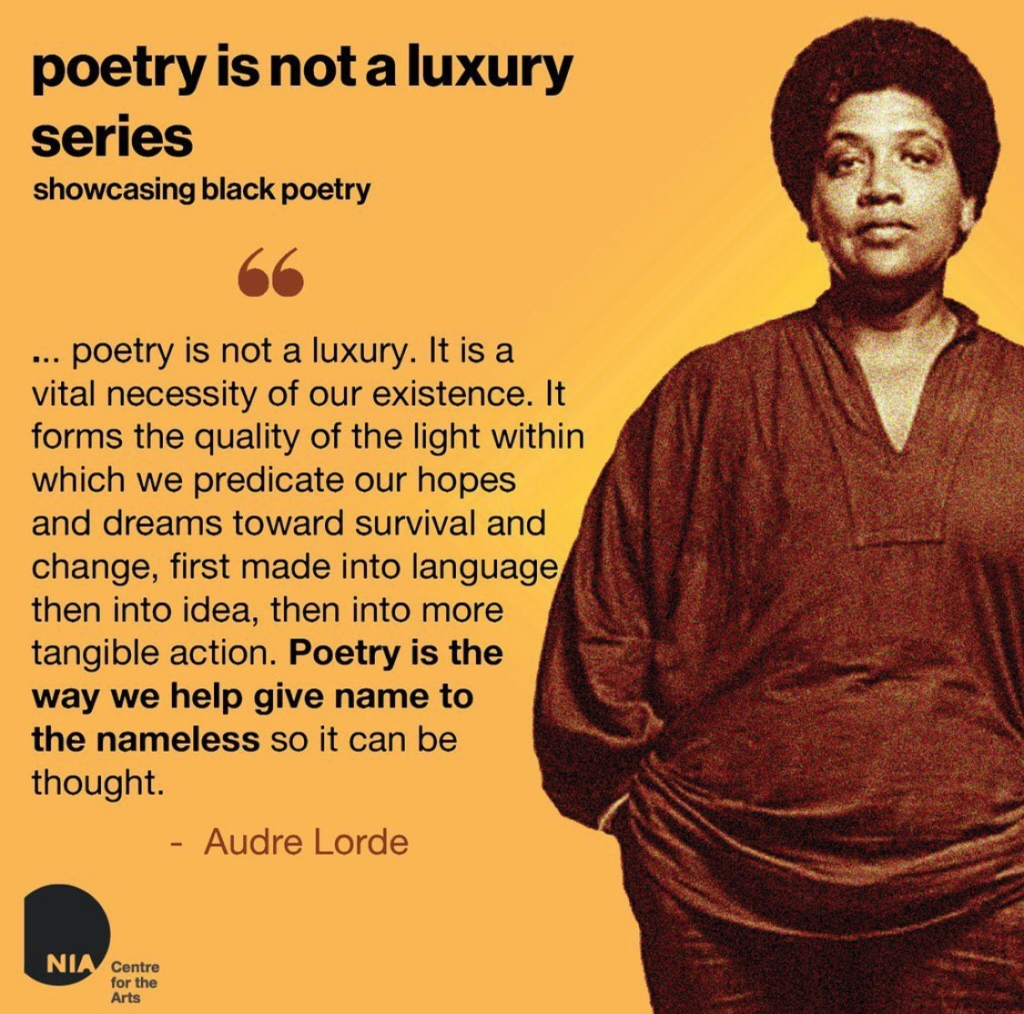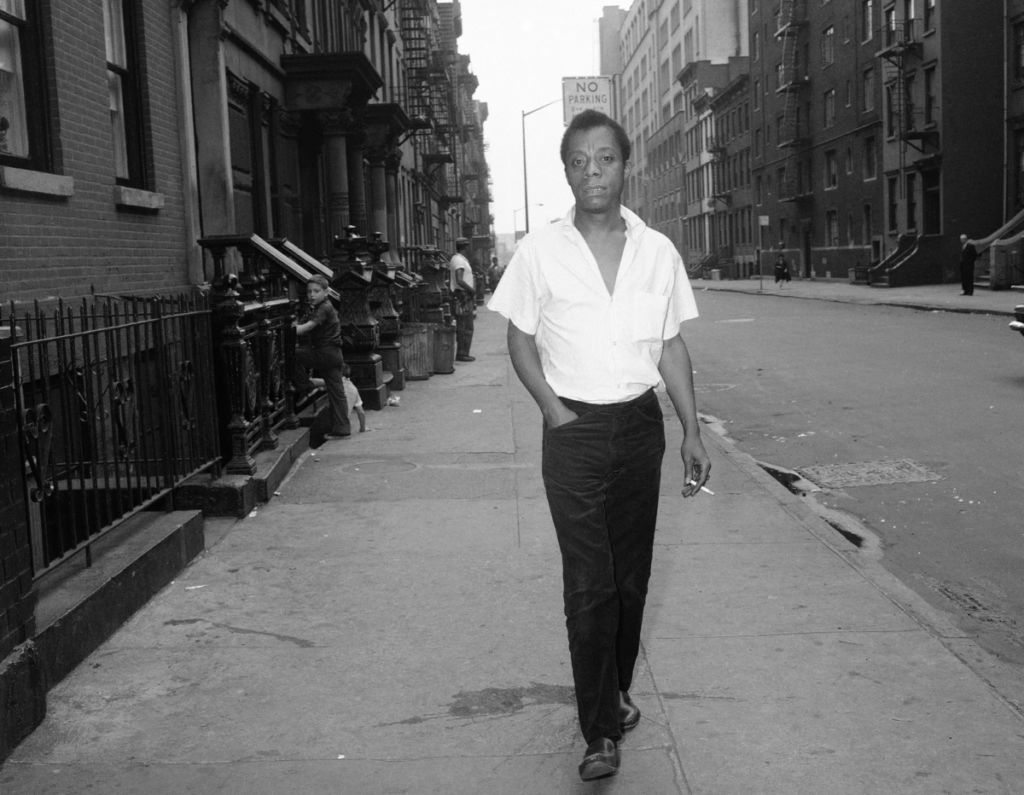Definition
The audience is a intended group of spectators or listeners the author conveys the text to.
Significance
Audience is an essential component of Rhetoric. The author usually composes a text with the intended audience in mind. There is a purpose or goal in the text because of the existence of the audience. If we better understand the audience, we can better understand the context, the thesis, and specific ideas illustrating the thesis. Audience is key to the spread of information. A person composes a text to tell his ideas to the audience. Later, information could spread among the audience, in which one or several of them might become an author in the future. The relationship between the author and the audience is mutual. The audience inspires the author to express his/her voice and the author affects the audience with his work. However, the specifc or intended audience can’t be anyone who has access to the author’s work. Instead, it is what the author considers and what helps him as a writer.
Examples
1. In The Cambahee River Collective Statement, the intended audience is black women, feminists, and the globe. The author, who also identifies as a black woman and feminist, encourages her intended audience to oppose social norms and work together to bring freedom and rights to black women in society. The existence of the audience is important because we, as readers, can better understand the reason behind the author’s argument about oppression, struggle, and liberty.

(2016, October 5). The Combahee River Collective statement. Verso. https://www.versobooks.com/blogs/news/2866-the-combahee-river-collective-statement
2. In Poetry is not a Luxury, the intended audience is women in general. The author, Audre Lorde, argues poetry is a necessity and it gives name to nameless. Through poetry, women can express themselves in a tangible form. The intended audience is directly addressed several times in the passage as Lorde mentions how women can only achieve liberty by valuing ideas in the past and how they should express their “dark hidden power” through actions.

Nia Centre for the Arts. (n.d.). Log into Facebook. Facebook. https://www.facebook.com/niacentreforthearts/photos/a.283492895019572/3105740152794818/?type=3
3. In Notes of a Native Son, James Baldwin doesn’t directly address the intended audience like Lorde and The Cambahee River Statemetent. But since he talks about his personal story with his father and his personal struggle as an African Amerian during intense raical riot in the early 20th Century, his intended audience should be African Americans in general. Through the racial suffer from his father and his own during the stay in New Jersey, he represents voice of many more African Americans. He wants his audience to understand the struggle behind racial discrimination and segregation.

Hughes, L. (2019, November 15). Langston Hughes on James Baldwin’s “Notes of a native son.” The New York Times. https://www.nytimes.com/2019/11/15/books/review/langston-hughes-on-james-baldwins-notes-of-a-native-son.html
